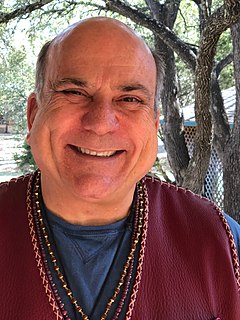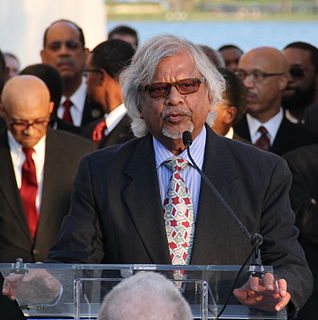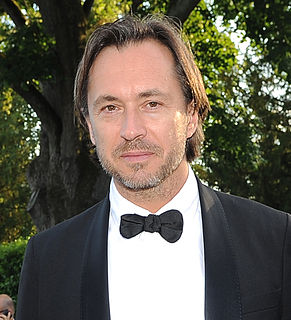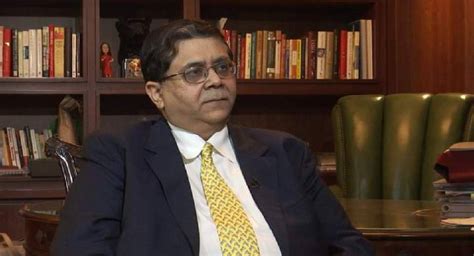A Quote by Riane Eisler
Nonviolent Communication is a powerful tool for peace and partnership. It shows us how to listen empathically and also communicate our authentic feelings and needs. Marshall Rosenberg has a genius for developing and teaching practical skills urgently needed for a less violent, more caring world.
Related Quotes
As far as nonviolence and Spiritual Activism, Marshall Rosenberg is it! Nonviolent Communication: A Language of Life, is essential reading for anyone who wants to improve their communication skills. Applying the concepts within the book will help guide the reader towards a more loving, compassionate, and nonviolent way of understanding and functioning with others, and foster more compassion in the world. I highly recommend this book.
A second person that's come to my life very recently, and I'm thankful for it, is Marshall Rosenberg, the founder of the Nonviolent Communication Organization. He has all these books about how we can use our language nonviolently to help create peace. He's using a lot of Buddhism too, but he's helping me to think about language.
We live in a world in which we are able to communicate very quickly in many different ways, and yet we find communicating more difficult than ever. When in fact we need communication more urgently than ever, because the enemies that threaten us are universal: drugs, illiteracy and crime. We have to fight against them together.
Schools in which students and teachers relate as partners-where Rosenberg's Nonviolent Communication is part of every interaction are communities of learning, rather than top-down, impersonal factories. Young people begin to see school as a safe and exciting place of exploration where they can share feelings and ideas, and where each child is recognized, valued and nurtured.
In nonviolent communication, no matter what words others may use to express themselves, we simply listen for their observations, feelings, needs, and requests. Then we may wish to reflect back, paraphrasing what we have understood. We stay with empathy, allowing others the opportunity to fully express themselves before we turn our attention to solutions or requests for relief.
One of the best things I ever did was to train in a practical skill. I love computers and they've become such a part of life, especially to the world of design. But it's important to understand that they are a tool, as much as a hammer or a saw is a tool. Computers don't help you design. There needs to be more emphasis on training young designers in how to build things. A good writer needs a good vocabulary. A good designer needs to understand his materials and processes. You can't, as a successful designer, pretend to get any respect if you don't know how things are made.
India is developing a lot of soft power, and it's not just about us providing outsourcing and call centers to the world. We are providing a lot of thought and a way of life. I think we're also respected for fundamentally a non-violent belief thanks to our religious roots whether it's Hinduism, Jainism, Buddhism, we contributed more religions to the world than any part of the world and that's something which does find its way into how the world looks at it.

































